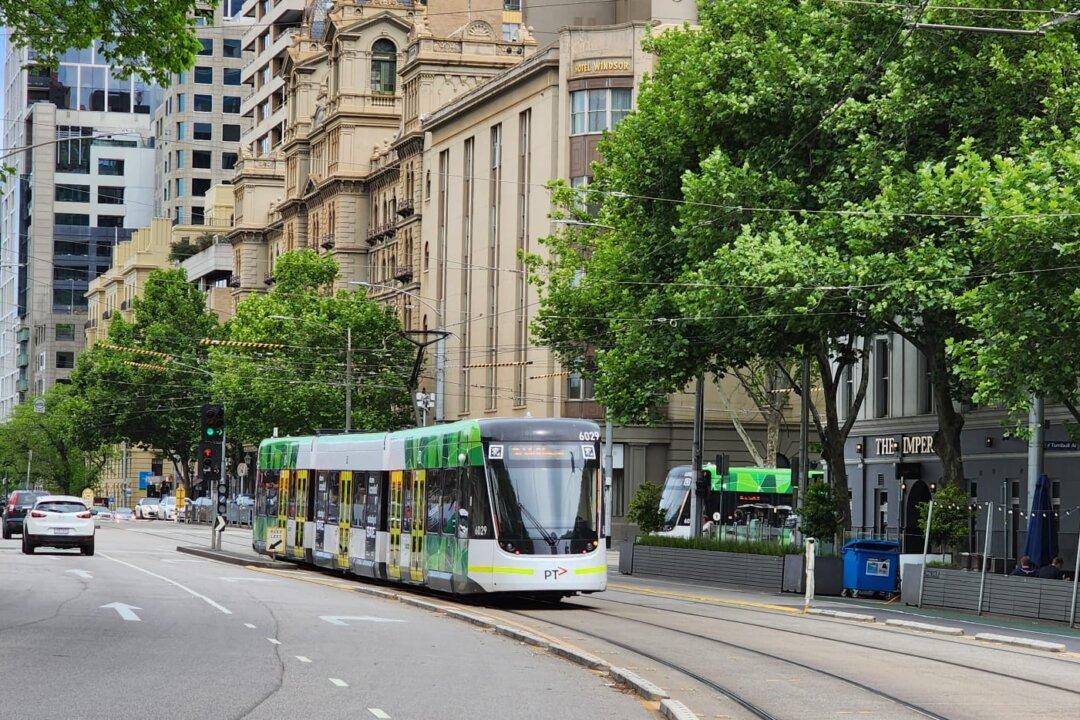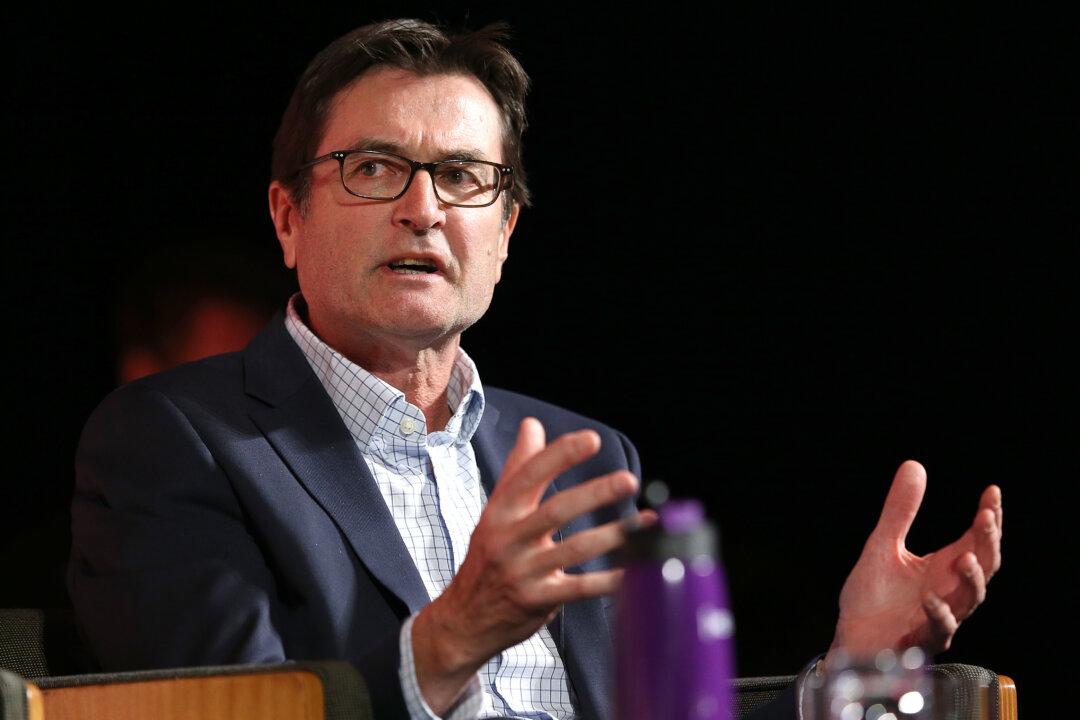Billionaire business magnate Sir Richard Branson has called for the New South Wales (NSW) government to enact reforms to decriminalise drugs statewide.
“It’s time to decriminalise now and put people’s health first. For God’s sake, do something about it,” Mr. Branson said in a self-recorded video.





